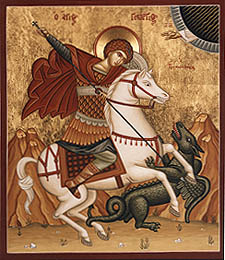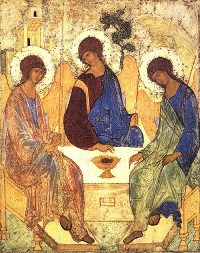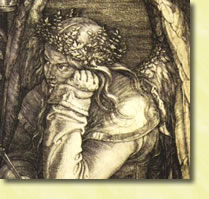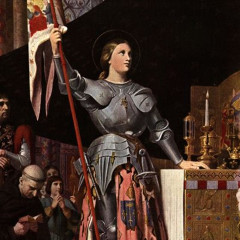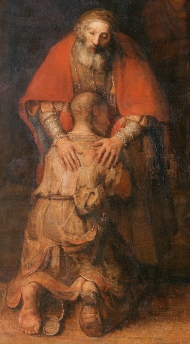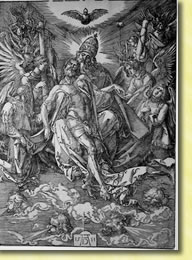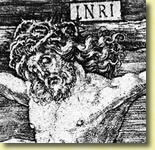Acts 3:12-19
Luke 24:36-48
1 John 3:1-7

When I was in my teens and early twenties, Evangelicals were not known for writing great systematic theology. What they were known for was apologetics, which fit in with their focus on evangelism. My first introduction to the realm of Christian thought was in the field of apologetics. I read everything I could get my hands on by writers like C. S. Lewis, but also by writers I’m sure most of you have never heard of. When I first started reading real Systematic Theologians, it was largely because of their apologetic value. I liked Thomas Aquinas because of his Five Ways to demonstrate the existence of God. I liked Wolfhart Pannenberg because of his arguments for the resurrection of Jesus.I was rather proud of my abilities as an apologist and was convinced that I could prove that Christianity was true based on irrefutable arguments for the existence of God and the resurrection of Jesus from the dead.
One summer I was working one of those temporary jobs you get to pay your way through school and I got to know a young man my own age who had grown up Episcopalian, had been an acolyte when he was a teenager, and was now an atheist. I was trying to convince him that the historical evidence for the resurrection of Jesus was fairly solid, and he blurted out “What if someone could come up with a good argument that John F. Kennedy had risen from the dead? What difference would it make?” As you can imagine, my apologetic arguments had no influence whatsoever on this guy, and after the job ended, we lost track of one another, and I never saw him again.
I teach a course in Christian Apologetics here at Trinity, but my approach is now very different from what it was then. Karl Barth is supposed to have said somewhere that the best apologetics is good systematic theology, and I have come to agree. The problem with the apologetic approach that I first studied as a teenager is that it makes no real connection to the central subject matter of Christian faith. These days I am not particularly interested in the question of whether someone can make a rational argument for the existence of a first cause of the universe. I am much more interested in the question of whether the God who is the Father of Jesus Christ and who raised him from the dead exists. It’s not that I think that the traditional philosophical and historical arguments don’t work. They are probably as valid as they ever were. However, I also think that young man who compared my apologetic arguments for the resurrection of Jesus to the case for the resurrection of John F. Kennedy had a point. The most important question is not whether there is a strong historical argument that a first century Jew named Jesus of Nazareth turned out to be alive three days after he was crucified. The really important question is whether the God who is the Father of Jesus Christ the Son of God raised him from the dead.





